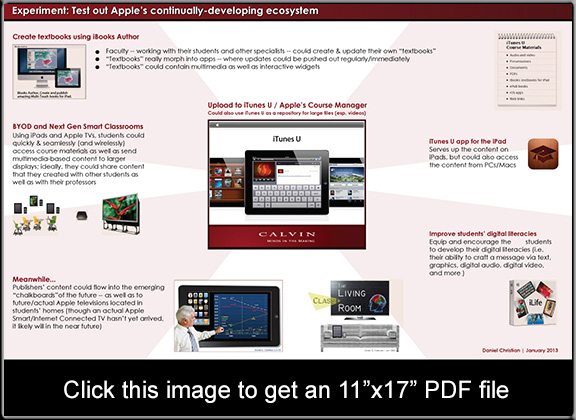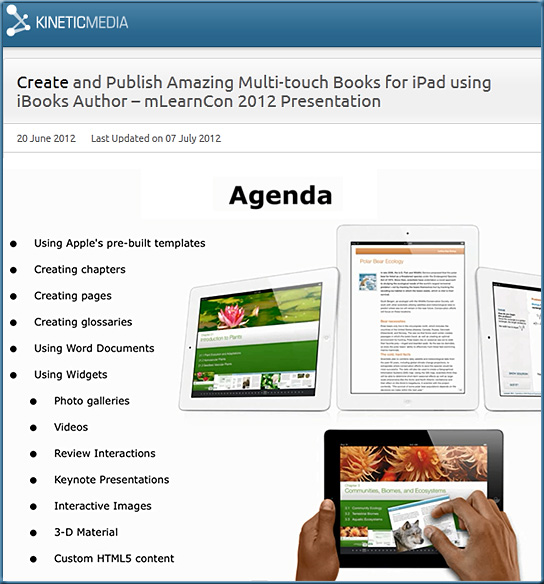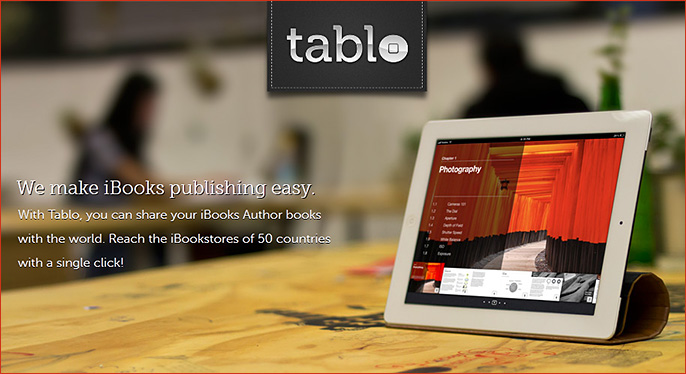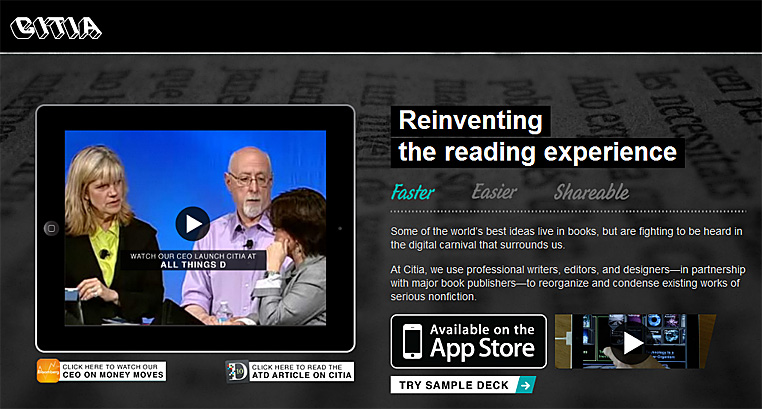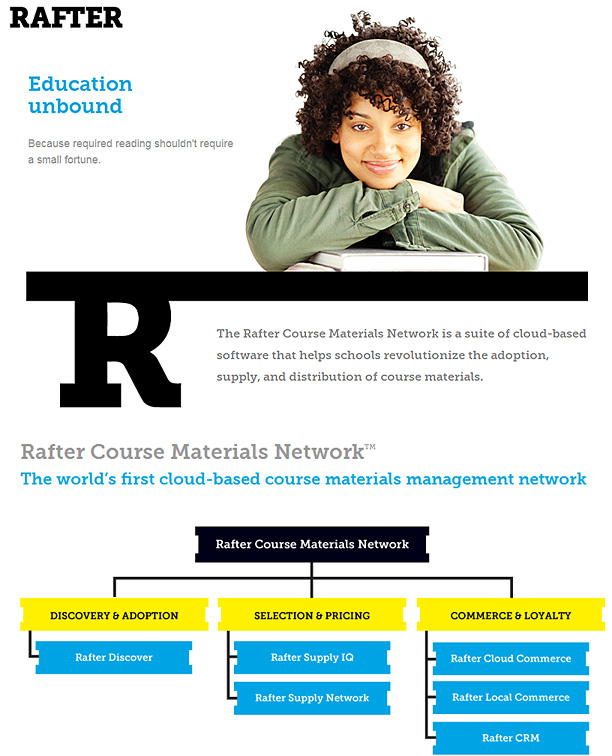Key quote/lesson from “How Barnes & Noble destroyed itself” — from fool.com by John Maxfield
An unnecessary tragedy
What makes B&N’s story tragic from a shareholder’s and book-lover’s perspective is that it wasn’t inevitable. The company would be in an entirely different position if its leadership hadn’t pooh-poohed online retail in the late 1990s, when the now-dominant Amazon was in its infancy. Consider this from its 1998 annual report: “Although it is clear the World Wide Web, with its profound possibilities, will become a major component of the future of bookselling and publishing, we believe retail bookstores will remain the foundation of our industry . . . shopping and browsing in a bookstore is an irreplaceable experience, and it is woven securely into the fabric of our American culture [emphasis added].”
From DSC:
I love going to B&N; sipping some coffee and reading a book. So don’t get me wrong, I really enjoy the physical experience of going to a bookstore. But the lesson for higher ed — as well as for the corporate world — is that technology cannot be pooh-poohed and shoved aside. Those who do so will be very sorry that they chose that route. There can be danger in pursuing the status quo.
How about your organization…is there solid representation of technology on your board/executive suite/leadership team?
My last thought here relates to my posting What happens in our hearts has very practical, relevant implications in our daily lives
In 2009, the company paid its chairman of the board, Len Riggio, nearly $600 million for B&N College, an amalgamation of campus-based bookstores that controlled the rights to the parent company’s trade name and was then owned by Riggio and his wife.
At the time, it looked like a classic covetous overreach by an executive to extract capital without selling shares. When all that’s left of B&N is a Harvard case study, however, my guess is that this blatant display of avarice and disregard for minority shareholders will be characterized more ominously as the proverbial straw that broke the camel’s back.
.
Also relevant here:









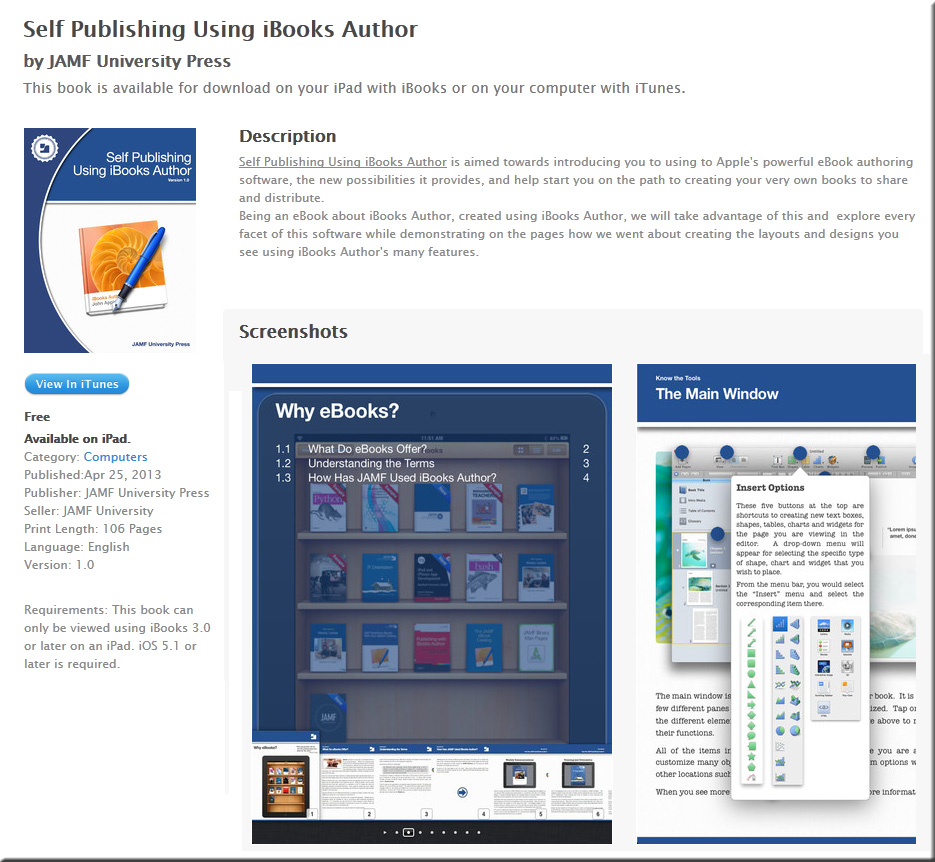
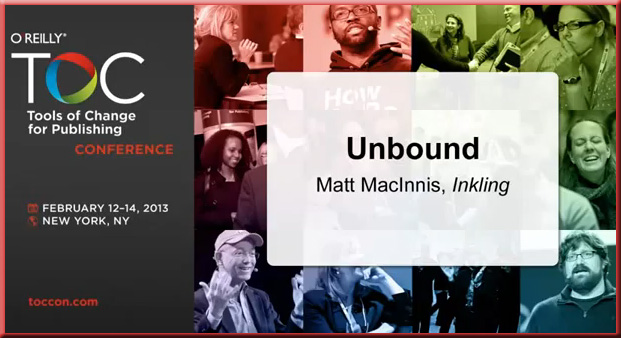
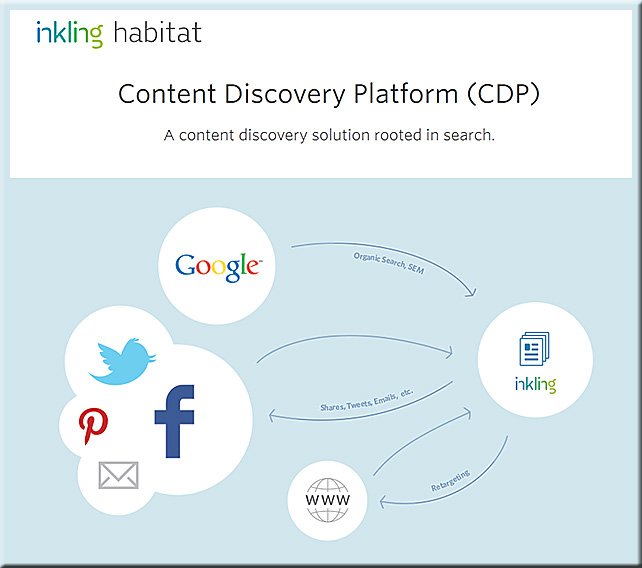

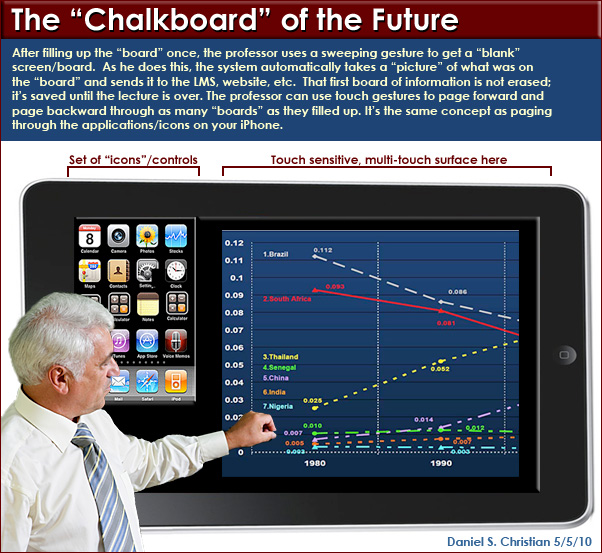
![The Living [Class] Room -- by Daniel Christian -- July 2012 -- a second device used in conjunction with a Smart/Connected TV](http://danielschristian.com/learning-ecosystems/wp-content/uploads/2012/07/The-Living-Class-Room-Daniel-S-Christian-July-2012.jpg)

